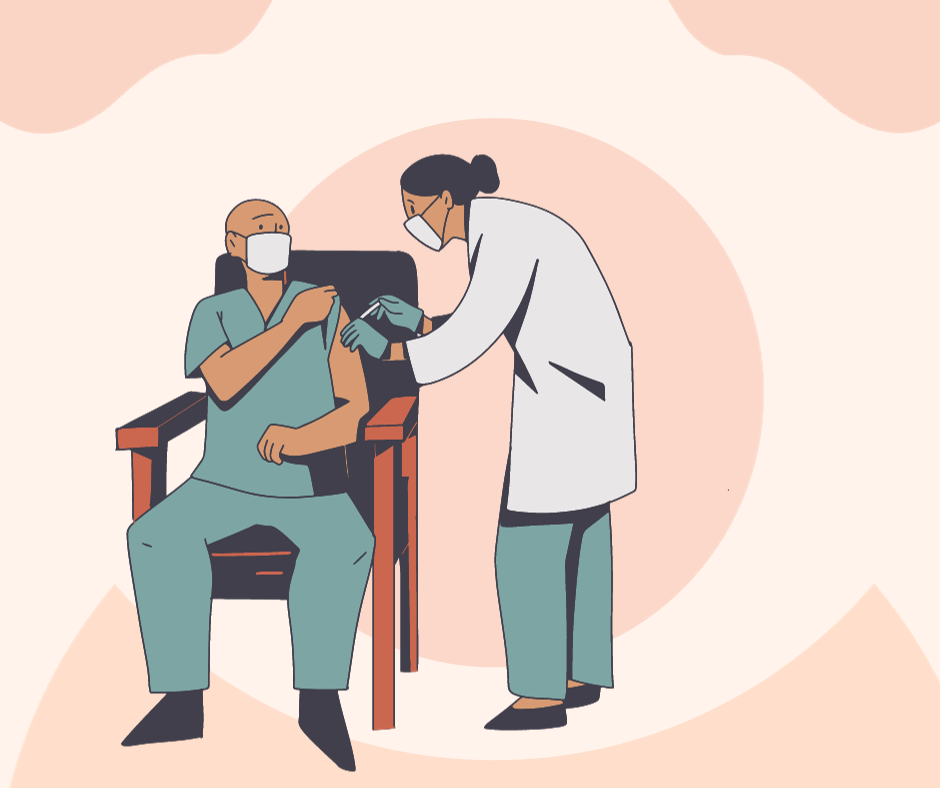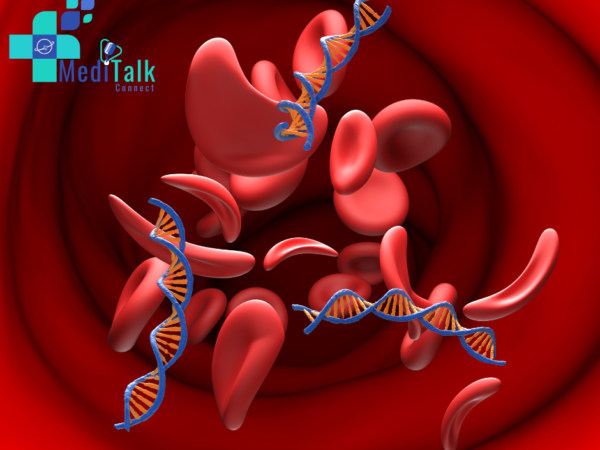In a recent Pediatrics journal publication, a comprehensive study investigated the efficacy of primary COVID-19 vaccination schedules among adolescents in Nordic countries, specifically focusing on BNT162b2, mRNA-1273, and mixed mRNA vaccines. The research, conducted between May 28, 2021, and April 30, 2023, aimed to understand the effectiveness of these vaccines against COVID-19-associated hospitalization over various time frames.
The study encompassed national register-based and country-specific cohorts, meticulously matched in a 1:1 ratio across Sweden, Norway, Finland, and Denmark. Participants, aged 12 to 17 years, received primary two-dose COVID-19 vaccination schedules, utilizing the inverse variance method for country-specific estimates. Excluding those with prior COVID-19-associated hospitalization or non-residents, the study primarily considered the Delta and Omicron strains during its analysis period.
Analyzing the outcomes, the researchers found that among the 526,966 two-dose vaccinees and an equivalent number of unvaccinated adolescents, BNT162b2 was the predominant vaccine, with a notable frequency of mRNA-1273 in Finland. Vaccine effectiveness (VE) against SARS-CoV-2-associated hospitalization at six months demonstrated a range of 73% for BNT162b2, 86.0% for mRNA-1273, and 81.0% for heterologous mRNA vaccines. Despite low comorbidity prevalence, COVID-19-associated hospitalization was rare among adolescents, with cumulative rates higher among the unvaccinated during the six-month follow-up.
Extending the analysis to a year and stratifying by the Omicron wave, the study maintained consistent findings. The combined country estimates against laboratory-confirmed SARS-CoV-2 infection at six months were 22%, 3.6%, and 28% for BNT162b2, mRNA-1273, and heterologous vaccinations, respectively. One-dose schedules exhibited lower VE, and extending follow-up to day 365 showed comparable results. Against COVID-19 hospitalizations, the country-combined VE estimates were 66% for BNT162b2, 91% for mRNA-1273, and 83% for heterologous vaccinations.
In summary, the study concludes that primary mRNA vaccination schedules offer substantial protection against adolescent hospitalizations compared to unvaccinated individuals across Denmark, Finland, Norway, and Sweden. Both homologous mRNA-1273 and heterologous vaccinations effectively prevent COVID-19-associated hospitalization, with VE ranging between 73% and 86% at six months. These protective effects persist consistently, even when extending the follow-up to a year and during the SARS-CoV-2 Omicron wave. The findings contribute vital insights to the ongoing discourse surrounding adolescent vaccination and public health strategies.
Journal reference:
Eero Poukka, MD et al., COVID-19 Vaccine Effectiveness Among Adolescents, Pediatrics e2023062520, DOI: https://doi.org/10.1542/peds.2023-062520, https://publications.aap.org/pediatrics/article/doi/10.1542/peds.2023-062520/196403/COVID-19-Vaccine-Effectiveness-Among-Adolescents




